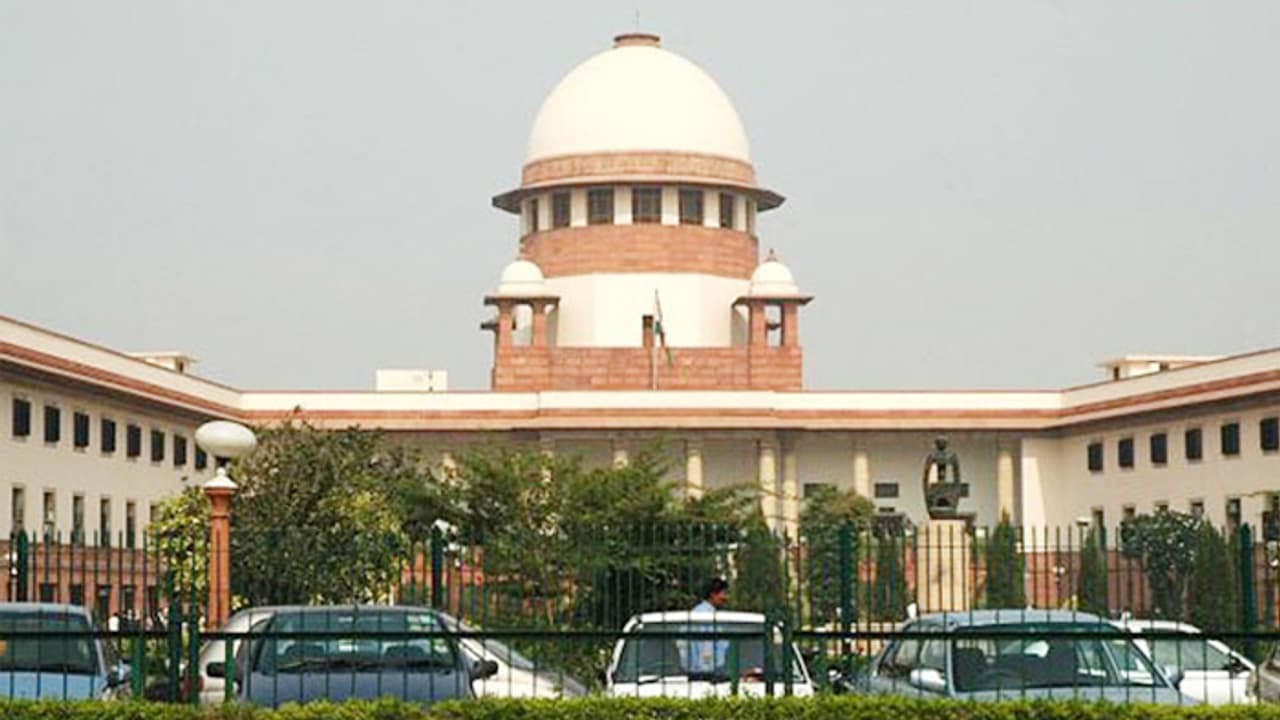Snubbing lawyer Shanti Bhushan, activist-judges and the opposition, the apex court on 5 July ruled that the Chief Justice of India has the prerogative and authority to allocate cases to different benches of the apex court; in other words, the CJI is ‘the master of the roster’
The Supreme Court on Thursday maintained that the Chief Justice of India (CJI) is “the master of the roster” and has the prerogative and authority to allocate cases to different benches of the apex court. The ruling puts paid to the effort of four senior judges of the apex court who had, in January, surprised the legal fraternity by addressing the press to accuse Chief Justice Dipak Misra of allocating cases to judges of his choice. Subsequently, leaders of the Congress, some other opposition parties and a section of the media had lent their voice to the chorus while the government stayed aloof from the issue.
Seizing the political opportunity thrown up by the press conference of judges, Congress president Rahul Gandhi had said in January, “Points raised by the Honourable judges need to be looked into carefully.” His party issued an official statement, saying, “The Congress party (sic) is deeply perturbed by these developments. The country holds the judiciary in the highest esteem and millions of people knock on the doors of the courts seeking justice.”
The Supreme Court had in April too asserted that the CJI was the master of the roster, who alone had the power to decide on the allocation of cases.
6 July ruling
A bench comprising justices AK Sikri and Ashok Bhushan in their separate concurring verdicts said the CJI occupies the role of “first among equals and is empowered to exercise leadership in administration of court” which includes assignment of cases.
The verdict came on a plea of former law minister Shanti Bhushan challenging the existing roster practice of allocation of cases in the apex court by the Chief Justice of India.
A five-judge constitution bench and a three-judge bench have already held that the CJI is the master of the roster.
In his verdict on Thursday, Justice Sikri said, “As far as the role of CJI as master of the roster is concerned, there is no dispute that he is the master of roster and has authority to allocate cases to different benches of the Supreme Court.”
Concurring with Justice Sikri’s opinion, Justice Bhushan said the CJI has the prerogative to allocate cases and nominate benches to hear them.
Justice Bhushan also said that there are rich conventions and practices of SC which are time-tested and should not be tinkered with.
Justice Sikri said that it would be difficult to accept the submission of the petitioner that the term Chief Justice of India under the Supreme Court Rules should be read as the collegium comprising five senior-most judges for allocating cases.
“The erosion of judiciary in the minds of people is the greatest threat to the judicial system,” he said, adding that CJI, being the senior-most judge of the Supreme Court is the “spokesperson and leader of the judiciary”.
The bench said that no system is foolproof and there is always scope for improvement in the functioning of the judiciary.
In his PIL, Bhushan had alleged that “master of the roster” cannot be an “unguided and unbridled” discretionary power, exercised arbitrarily by the CJI by hand-picking benches of select judges or by assigning cases to particular judges.
How Congress had challenged the institution
In May, lawyer and Congress leader Kapil Sibal withdrew his petition that had been filed by two Congress MPs against Vice-President Venkaiah Naidu’s rejection of the motion to impeach CJI Dipak Misra because the Supreme Court refused to entertain his question how the Constitution Bench was set up to hear the case.
Congress-affiliated lawyer KTS Tulsi had written an article in a newspaper, conceding that there was “neither any law nor any reference” to the issue of the master of the roster in the Constitution.
Taking exception to his party’s bid to get Justice Misra impeached, Salman Khurshid said, “Impeachment is too serious a matter to be played with frivolously on the grounds of disagreement with any judgment or point of view of the court.”
Legal luminaries took exception to antics of senior judges and opposition
In April, when asked about the allegation made by the opposition against the CJI, eminent lawyer Harish Salve had said, “I am thoroughly unconvinced about the allegations. But giving the benefit of the doubt, if the allegations are serious, the way it has been done is clearly wrong.”
Referring to the opposition’s bid to impeach the CJI, former Attorney-General Soli Sorabjee had said, “This is the worst that could happen to the independence of the judiciary.”
“This has never happened before in all the 67 years I have practised as an advocate. Levels of tolerance have gone down. Lawyers, judges, everybody. The spirit of collegiality which is essential in a Bench as well as in a court has broken down. Upto now, judges by and large followed it. Since I came to Delhi in 1972, I have seen 32 Chief Justices, but I have never seen this before,” senior jurist Fali S Nariman had said about the same unprecedented development in the judiciary and polity of the country.
